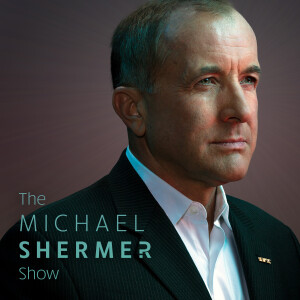
In this sequel to Carl Sagan’s beloved classic and the companion to the hit television series hosted by Neil deGrasse Tyson, the primary author of all the scripts for both this season and the previous season of Cosmos, Ann Druyan explores how science and civilization grew up together. From the emergence of life at deep-sea vents to solar-powered starships sailing through the galaxy, from the Big Bang to the intricacies of intelligence in many life forms, Druyan documents where humanity has been and where it is going, using her unique gift of bringing complex scientific concepts to life. With evocative photographs and vivid illustrations, she recounts momentous discoveries, from the Voyager missions in which she and her husband, Carl Sagan, participated to Cassini-Huygens’s recent insights into Saturn’s moons. This breathtaking sequel to Sagan’s masterpiece explains how we humans can glean a new understanding of consciousness here on Earth and out in the cosmos — again reminding us that our planet is a pale blue dot in an immense universe of possibility. Druyan and Shermer also discuss:
how to write a script for a television series her 20 years with Carl Sagan and what their collaboration meant how she dealt with her grief after Carl’s death (and how any of us can deal with such pain) who the Voyager records were really for Breakthrough Starshot science and religion God and morality free will and determinism the hard problem of consciousness the Fermi Paradox (where is everybody?) women in science how we can eventually settle on other worlds, and how to reach the stars … and beyond.Ann Druyan is a celebrated writer and producer who co-authored many bestsellers with her late husband, Carl Sagan. She also famously served as creative director of the Voyager Golden Record, sent into space 40 years ago. Druyan continues her work as an interpreter of the most important scientific discoveries, partnering with NASA and the Planetary Society. She has served as Secretary of the Federation of American Scientists and is a laureate of the International Humanist Academy. Most recently, she received both an Emmy and Peabody Award for her work in conceptualizing and writing National Geographic’s first season of Cosmos.
Listen to Science Salon via Apple Podcasts, Spotify, Google Play Music, Stitcher, iHeartRadio, and TuneIn.
More Episodes
Create your
podcast in
minutes
- Full-featured podcast site
- Unlimited storage and bandwidth
- Comprehensive podcast stats
- Distribute to Apple Podcasts, Spotify, and more
- Make money with your podcast
It is Free
- Privacy Policy
- Cookie Policy
- Terms of Use
- Consent Preferences
- Copyright © 2015-2024 Podbean.com






